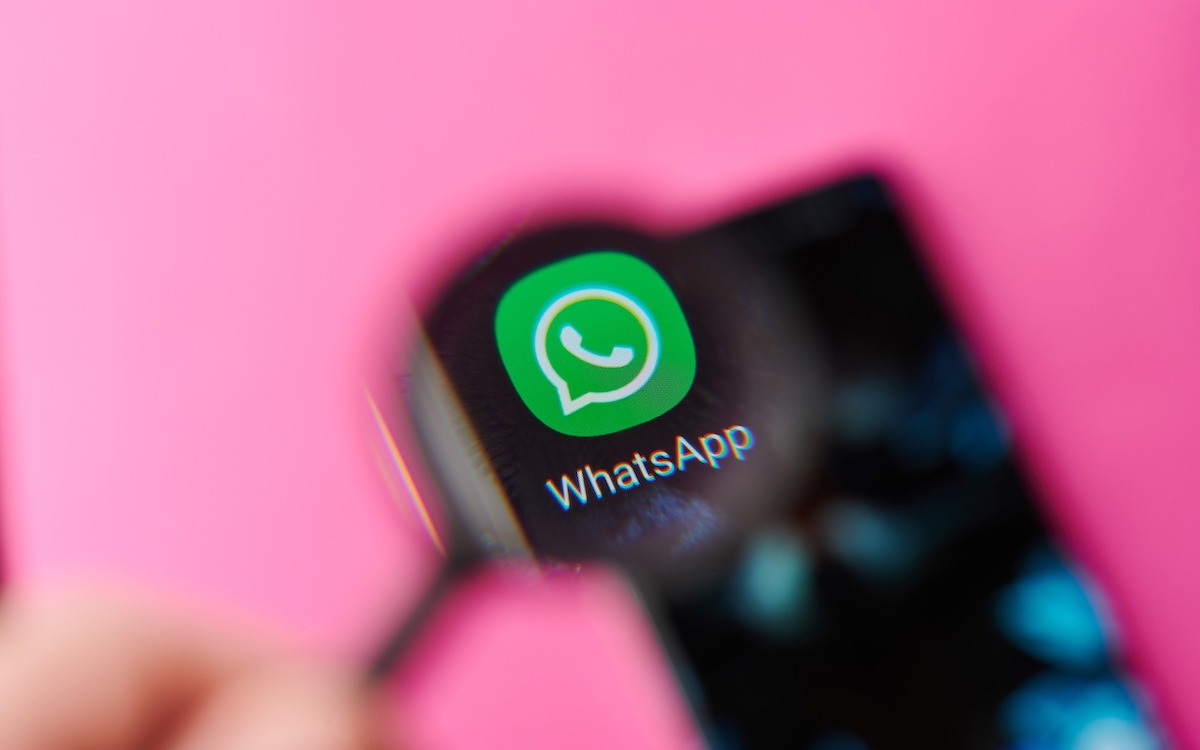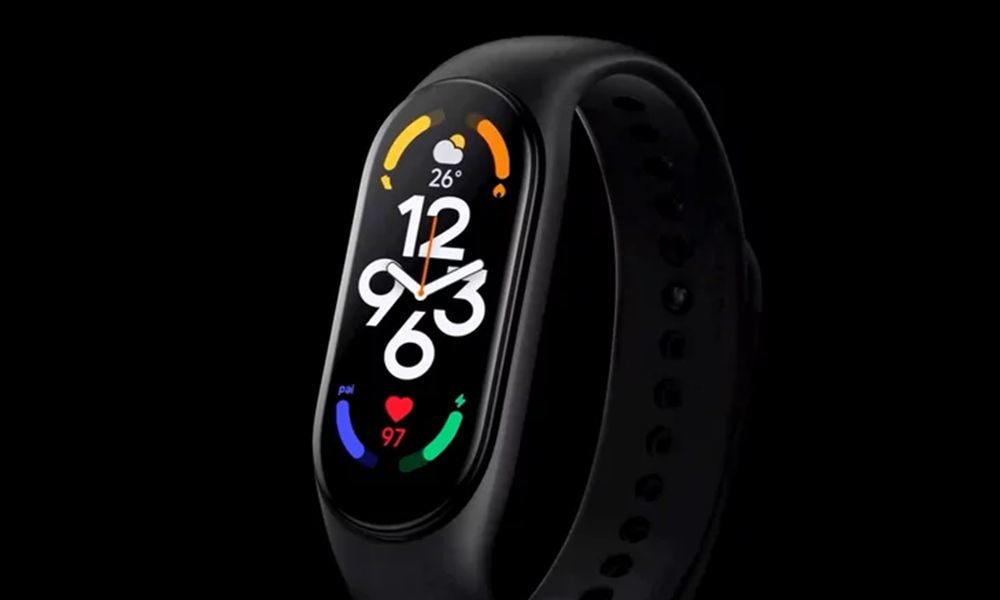
Some Android smartphone users have found that WhatsApp activates their device’s microphone without their permission. According to Meta, it’s an Android bug.

When a Twitter user wakes up, he checks his Pixel 7 Pro’s privacy dashboard and finds that WhatsApp has accessed his smartphone’s microphone and activated it several times overnight. A very suspicious activity, which he hastened to report on the social network. In his tweet, he says: WhatsApp used the microphone in the backgroundwhile I was sleeping […] What is going on ? “.
WhatsApp has been using the microphone in the background, while I was asleep and since I woke up at 6AM (and that’s just a part of the timeline!) pic.twitter.com/pNIfe4VlHV
— Foad Dabiri (@foaddabiri) May 6, 2023
Is WhatsApp eavesdropping on certain users without their knowledge? Could instant messaging be diverted from its primary use for spying purposes? The revelation of the engineer obviously did not lack bring conspiracy theories to the surface, especially since the tweet was “boosted” by the Chief Twit himself, Elon Musk. The sulphurous billionaire is always on the lookout for a good controversy, especially when it can harm WhatsApp, an application he does not like. Very timely, Twitter announced support for video calling and end-to-end encryption of direct messages.
According to Meta, erroneous WhatsApp notifications are due to Android
Meta has chosen to communicate on this problem through Twitter. Mark Zuckerberg’s company posted the following message: “We believe thatthis is a bug on android which misattributes information in the Privacy Dashboard, and we have asked Google to investigate and remedy the situation.” The WABeta Info site, which specializes in Facebook’s messaging application, confirms Meta’s statements.
To read – WhatsApp : must-know tips and tricks
These notifications in Android’s privacy dashboard are actually false positives : Despite all these alarming messages, the application does not actually access the microphone and does not listen to your conversations. Only Google Pixel and Samsung Galaxy are affected. This recurring problem is first appeared as early as November 2019. Google is still looking for the origins of this problem.



